Sneaker culture in the United States is here to stay.
Several factors — including both hip-hop music and the prominence of the National Basketball Association — are credited with bringing athletic sneakers into mainstream fashion.
It’s undeniable that Michael Jordan’s impact on basketball and his first sneaker deal with Nike, which led to the creation of the iconic Air Jordan sneaker series, catapulted the sneaker industry to where it is today.
Over the years, sneaker collecting has evolved from a niche hobby to a global phenomenon. Aside from collecting sneakers, sneakerheads have also started trading, buying, and selling kicks.
According to a June 2020 report from Cowen Inc., an American multinational independent investment bank, the sneaker resale market will grow to an estimated worth of $6 billion globally by 2025.
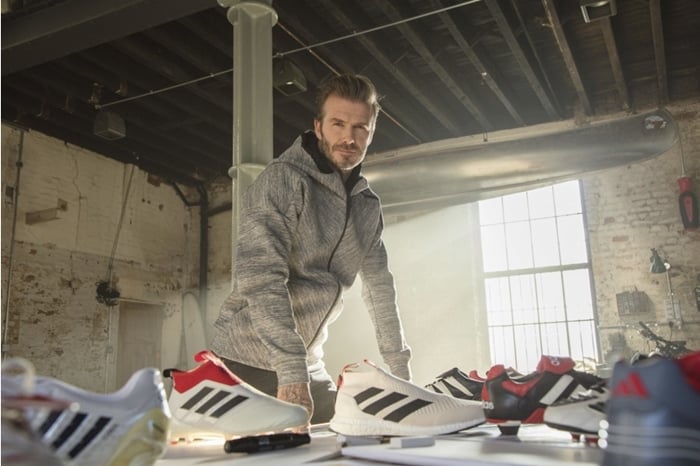 Adidas teamed up with the legendary David Beckham in 2017 to unveil the new version of one of their all-time favorite boots – the 1998 Predator Accelerator (Credit: Adidas)
Adidas teamed up with the legendary David Beckham in 2017 to unveil the new version of one of their all-time favorite boots – the 1998 Predator Accelerator (Credit: Adidas)
Many sneaker enthusiasts have also become interested in collecting rare, vintage sneakers. They go to great lengths to get their hands on rare or secondhand shoes and exclusive limited-edition kicks.
The most expensive sneakers in the world, the solid gold OVO x Air Jordans, have an asking price of U.S. $2 million!
With the growth of online marketplaces, many sneakerheads have resorted to finding rare shoes online.
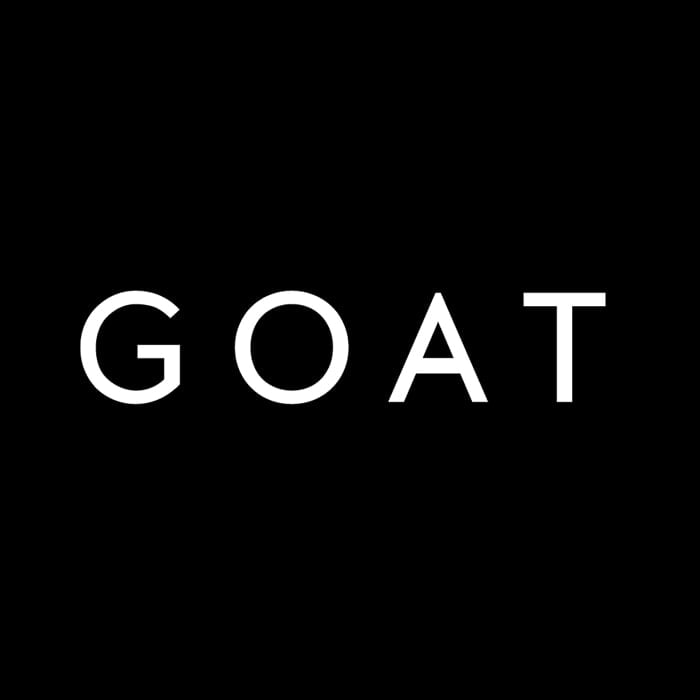
One of the most popular and trusted websites by sneakerheads is Los Angeles-area-based GOAT. In fact, Business Insider reported that GOAT has been named the world’s largest marketplace for high-end sneakers. The resale website was valued at $3.7 billion in the company’s latest funding round in 2021.
In addition to its desktop website, GOAT has developed a popular app for both Android and Apple.
With more than $500 million in funding, roughly 30 million users, 600,000 sellers across the world, a large inventory of several hundred thousand pairs of sneakers up for sale, and more than 600 employees, GOAT is a 100% legit sneaker resale website that has gained a cult following among sneakerheads.
Before purchasing, here are some facts you should know about GOAT.
1. Is GOAT a reliable sneaker trading platform?
The rise of e-commerce platforms has contributed to the growth of counterfeit goods, making it difficult to find legitimate online selling sites and platforms.
GOAT, short for “Greatest of All Time,” a common nod to athletes, is one of the most reliable platforms for buying and selling sneakers today.
GOAT was founded in 2015 by college friends Eddy Lu and Daishin Sugano. The idea of a sneaker buy-and-sell app came after Daishin bought a pair of retro Air Jordan 5 Grapes on eBay, which turned out to be fake.
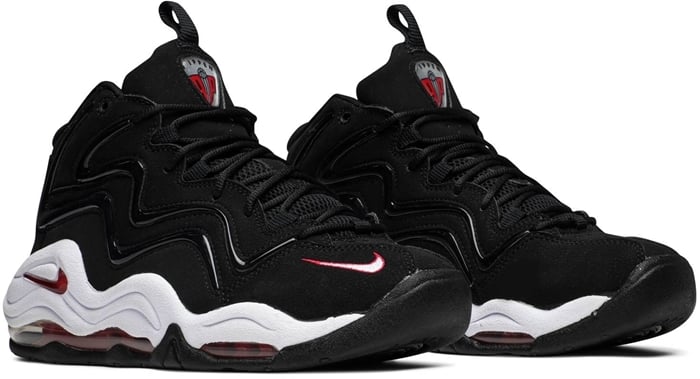
As a self-confessed sneakerhead, Daishin was left disappointed, more so because he could not get his money back due to eBay’s return policies.
“It became apparent that the industry I loved was fragmented and unsafe,” Daishin said. “Many people buying sneakers were running into the same problems. There are entire subreddits, social accounts, and blogs built around how to spot fakes.”
“We knew we could use technology to solve many of the existing problems and with the knowledge we already had in the space, we would have an additional edge,” he added. “We also decided it was important for us to find an industry that serves a passionate and youthful generation.”
After talking with Eddy about his experience, the two decided to build the app with the goal of becoming the world’s most trusted marketplace.
In February 2019, the leading athletic footwear and apparel retailer Foot Locker invested $100 million in GOAT.
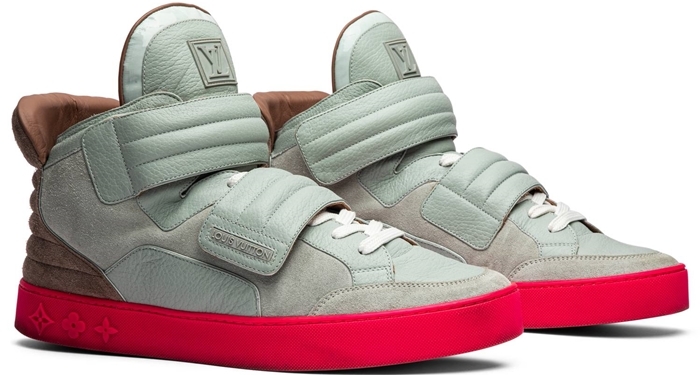
“We are excited to leverage GOAT Group’s technology to further innovate the sneaker-buying experience and utilize their best-in-class online marketplace to help meet the ever-growing global demand for the latest product,” said Richard Johnson, Foot Locker’s chairman and Chief Executive Officer.
Eddy seemed thrilled to have Foot Locker standing behind his and Daishin’s venture.
“With over 3,000 retail locations, Foot Locker will support our primarily digital presence with physical access points worldwide, bringing more value to our community of buyers and sellers,” he said.
“Having Foot Locker as a strategic partner will also expand our business as we continue to scale our operations both domestically and internationally,” he added.
GOAT is now based in Culver City, California.
2. Does GOAT guarantee the authenticity of its shoes?
GOAT does not condone the sale of illegal, fake goods.
Not only does GOAT provide a platform for buyers and sellers, but it also verifies the authenticity of the products to prevent fakes and counterfeits on its resale marketplace.
GOAT offers a Buyer Protection Policy that covers buyers if they receive an item that is inauthentic, incorrect, does not match the item description or images, or is missing a key feature.
To submit a claim under the Buyer Protection Policy, buyers must contact GOAT within three days of receiving an item.
If your claim is approved, GOAT will provide you with a shipping label to return the item. Once the item is received, GOAT will verify its condition and issue a refund in GOAT Credit or to your original payment method.
3. Where does GOAT get its shoes from?
GOAT works as a reliable middleman to facilitate sneaker purchases between sellers and buyers.
Sellers — including individual resellers, boutiques, and retailers — list their products for sale on the GOAT marketplace. Once listed, potential buyers can browse those products via the GOAT website or app.
Before any cash transactions occur, sellers must first ship their resale products to GOAT for authentication.
Once verified, the product will shipped to the buyer. But if the shoes are found to be fake or not as described, GOAT will not ship the product and will offer the buyer a full refund instead.

Retail products listed on GOAT are pre-verified and shipped directly from their trusted retail and boutique partners.
Shoes labeled “Instant Ship” on GOAT’s marketplace are also pre-verified and ready to be shipped to buyers directly from GOAT facilities.
4. How does GOAT authenticate sneakers?
GOAT has thousands of shoes listed for sale on its marketplace, which makes identifying knock-off sneakers a herculean feat.
GOAT uses its propriety AI technology to identify fake sneakers. Using a combination of computer vision and several Amazon Web Services tools, GOAT can digitally verify the authenticity of the products by replicating each shoe’s key features and properties.
In fact, GOAT even has a whole tech department dedicated to overseeing this process.
“We use a lot of different heuristics and data points to verify whether the shoe is authentic or not,” GOAT Chief Technology Officer Andy Shin said in an interview with ZDNet. “We see the most sneakers in the world. And we are the leader in data collection around sneakers. So every shoe that comes in, we’re collecting all the data points for it.”
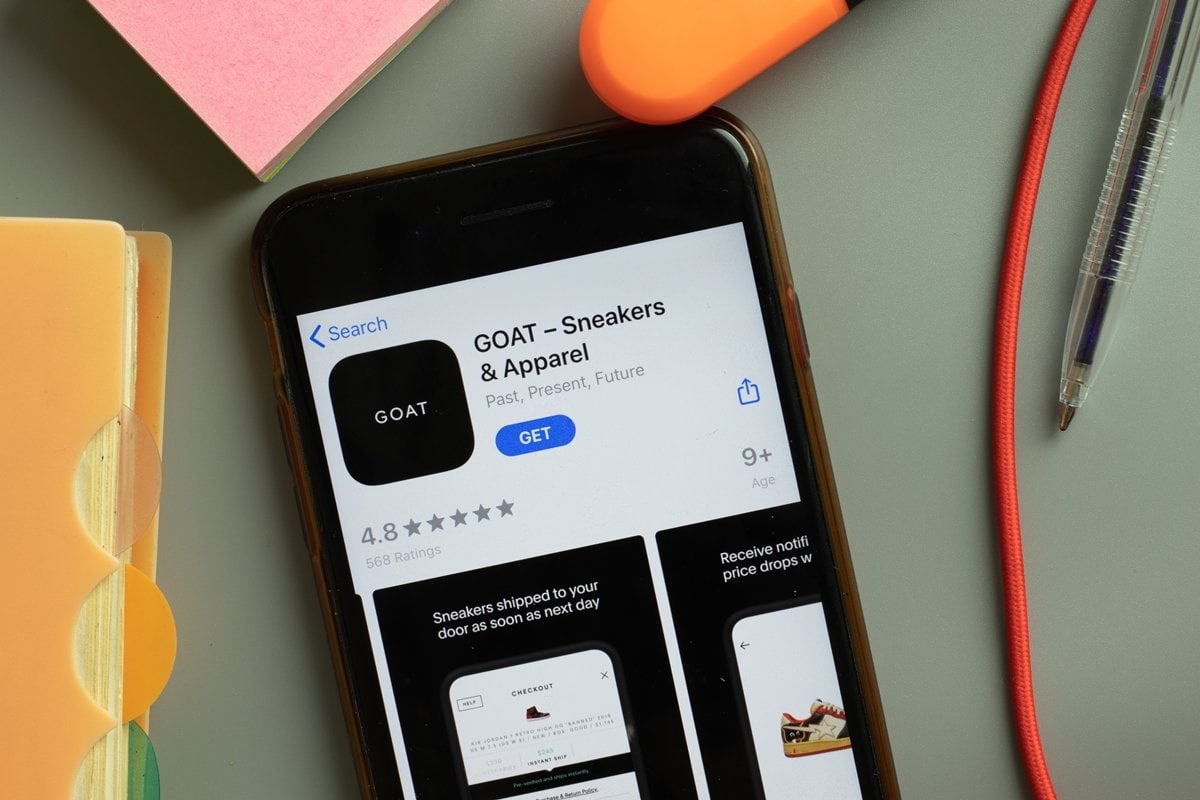
“So we actually, we know what fakes look like,” he added. “And we know what real shoes look like. Every single sneaker has multiple data points that we focus on.”
In addition, GOAT also has a team of sneaker experts that can easily tell the difference between real and fake shoes even without the use of AI.
The team of authenticators works with the AI to identify and further ensure the authenticity of the shoes.
“They can spot a fake in like 10 seconds,” said GOAT’s lead data scientist Emmanuelle Fuentes. “To support our verification process, we have logged hundreds of thousands of data points on our products to help define their authenticity. Our specialists go through rigorous training and inspect everything from the label to stitching, texture to color, and so much more.”
5. What is GOAT’s shipping policy?
GOAT does not offer free shipping.
In fact, shipping costs are expensive and can depend on several factors. These factors include the item’s weight, shipping destination, value of the item, customs and duties, and carrier rates.
GOAT’s U.S. shipping rates are typically a flat fee of $14.50 to the lower 48 states and $25 to Hawaii and Alaska.
Insta Ship-labeled items with Next Day shipping costs $27, and the cost of international shipping varies per country.
Additional charges may apply for multiple or heavy items.
GOAT collects sales tax on purchases of taxable items shipped to customers in certain states and countries and remits the tax to the taxing authority.
View this post on Instagram
Applicable sales tax rates vary depending on the buyer’s shipping address. Some states may include shipping fees in the sales tax, while others may not.
If a seller is from the Asia Pacific, the item is shipped to the buyer from GOAT’s Hong Kong facility after verification and authentication.
6. How long does it take to process the delivery?
The process of buying a pair of resale sneakers from GOAT isn’t as straight-forward as buying a product direct from a manufacturer.
All sneakers (with the exception of pre-verified Insta Ship items) are first shipped to the GOAT headquarters for authentication before they can be delivered to the buyer.
Because of the verification step, it can often take three to four business days for a seller to ship their shoes to GOAT. After that, it takes one to two business days for GOAT to authenticate the sneakers, and then another three to four business days to ship to the buyer.
That means U.S. buyers will typically wait seven to 10 business days to receive their shoes.
GOAT also has a Next Day shipping option available only for Insta Ship orders with a delivery address in nearby states. Next Day Insta Ship orders will usually take one to two days for delivery.
The Next Day Insta Ship option is not available for Post Office Boxes addresses or military bases.
Apparel and accessory orders typically take four to eight business days for delivery, and delivery times for international orders may vary due to customs.
Like other shipments, emergencies or severe weather conditions may cause delays in product delivery.
7. Does GOAT have retail locations?
GOAT has retail stores in both Los Angeles and New York City.
GOAT was able to open brick-and-mortar stores after it acquired the iconic sneaker marketplace Flight Club in 2018.
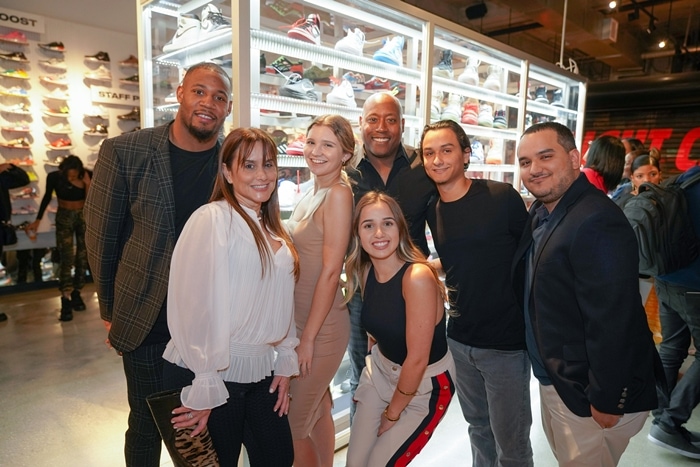
8. Does GOAT have competition?
GOAT’s biggest competitor is StockX, a Detroit-based online marketplace founded by Dan Gilbert, Josh Luber, Greg Schwartz and Chris Kaufman between 2015 and 2016.
While GOAT sells authentic sneakers of all conditions, StockX only sells authentic sneakers that are unworn and in their original boxes.
The two companies have similar reviews online, and it’s difficult to say which is better. According to the reviews we’ve read, most customer complaints of both StockX and GOAT concern shipping delays and damaged boxes.
Some sneakerheads also buy and sell through the popular Sneaker Con app, eBay, Moosetraxshop and social media.
9. Does GOAT accept returns and exchanges?
GOAT does accept returns and exchanges on some items, but certain conditions must be met.
Returned products must arrive back at GOAT’s warehouses in the same conditions as they were when shipped.
GOAT’s Clean program accepts returns of both its New In Box and New No Box products, as well as returns on apparel and accessories.
Some products — such as items marked as special items, Final Sale, and GOAT Storage items — are not eligible for returns.
Used products, or products from the Vintage, Sample, ID, Custom, Defect, and Pre-Release lines, are final and may not be returned or exchanged.
GOAT also does not accept returns, refunds or exchanges on items shipped to a freight forwarder or a delivery address in China.
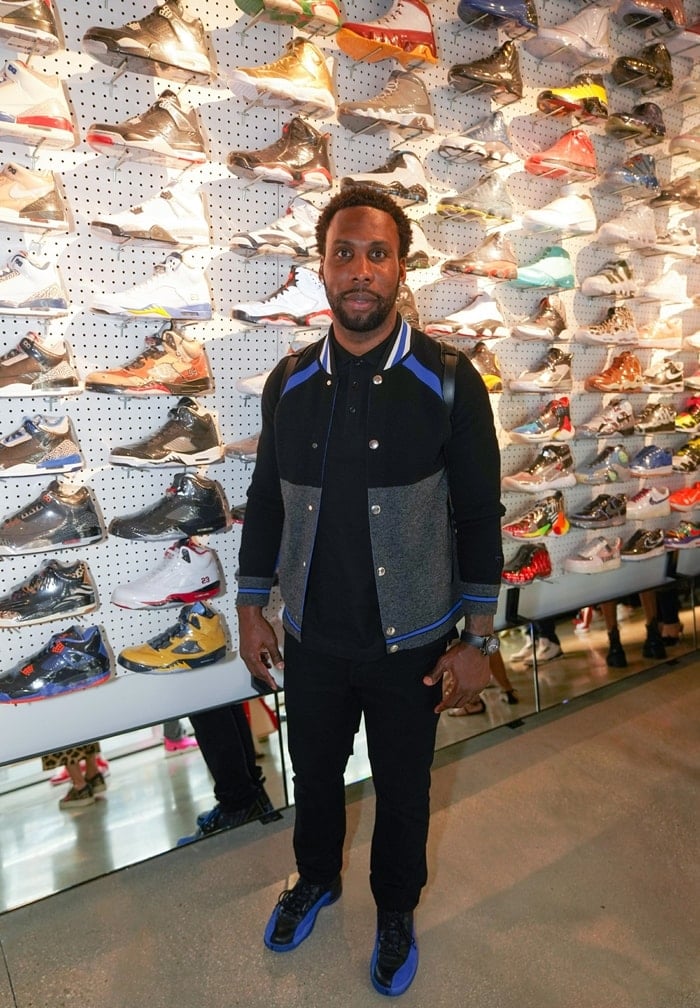
Additionally, returns are time-sensitive.
Buyers have three days after receiving an order to request a return and start the return shipping process. To issue a return, buyers must log in to their GOAT account and tap the “Request Return” button.
Returned items will go through an evaluation process, which may take up to seven days. When and if a return is approved, GOAT will make the refund only through GOAT credit, which can be used for future purchases on the app.
GOAT does not offer free return shipping, and refunds do not include shipping charges.
10. Can buyers cancel a GOAT order?
Buyers may cancel orders within three hours of placing the order, or before the seller confirms the order — whichever comes first.
However, for pre-verified and authenticated items shipped from their retail and boutique partners, orders are automatically confirmed and cannot be canceled.
11. What payment methods does GOAT accept?
GOAT accepts American Express, Discover, JCB, Mastercard, Visa, Afterpay, and Affirm for domestic purchases. It also accepts Apple Pay, Google Pay, PayPal and Alipay.
